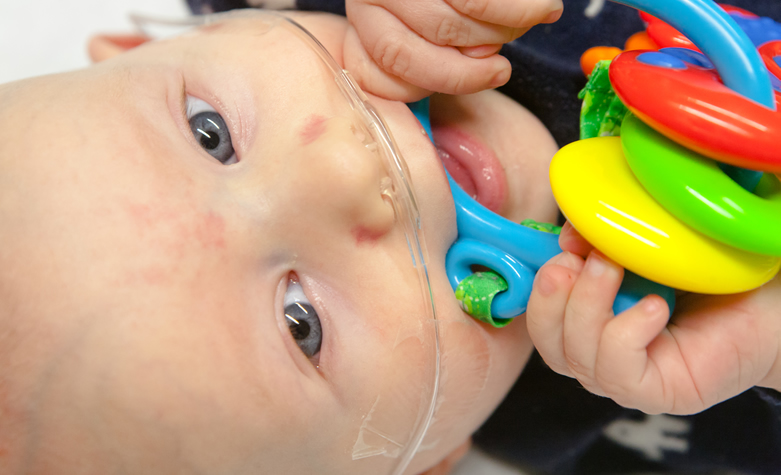The Portland Hospital, 234 Great Portland Street, London, W1W 5QT


The Portland Hospital, 234 Great Portland Street, London, W1W 5QT
Hirschsprungs disease is a condition in which babies are born with the nerve supply to part of their intestine, usually the large bowel is missing. The affected part of the bowel is therefore paralised and unable to contract to propel the food contents through. Babies usually present in the newborn period, unable to open their bowels and with a distended abdomen and vomiting. The diagnosis is made by means of a rectal biopsy. Corrective surgery is required by a variety of pull through procedures such as the Soave or Duhamel operation.

Your baby will need to have rectal washouts to decompress the bowel and reduce discomfort. Usually the washouts will need to be done once or twice every day and will take 20 to 30 minutes. Bowel washouts empty the lower large bowel of air and stool and reduce the risk of enterocolitis developing. Occasionally the abdomen cannot be decompressed adequately by washouts. Your baby would then need an operation (colostomy formation) to ensure that the bowel remains decompressed.
We can provide you with a laminated medical alert card if you wish. Enterocolitis can occur both before and after surgery but the risk after surgery is much less. If you are at all concerned about your baby please seek medical advice urgently.
Copyright © 2024 London children’s surgery. All rights reserved.
The contents on this site is for information only, and is not meant to substitute the advice of your own physician or other medical professional.